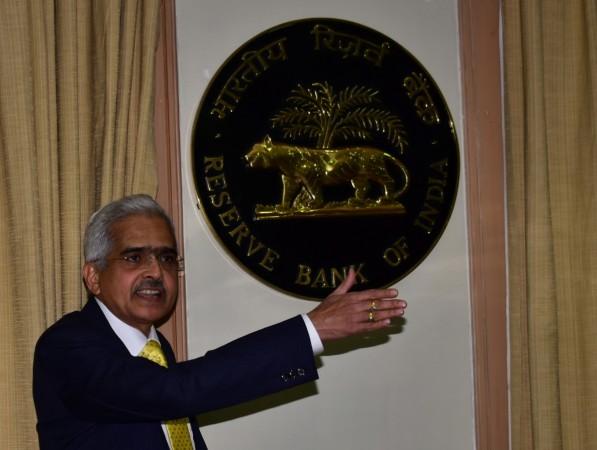
The Reserve Bank of India's continuing conservative view of the economy's strength to withstand a global oil shock could influence its approach to the economic capital framework policy.
A panel that former Reserve Bank of India governor Bimal Jalan heads is looking at the possibility of reworking the policy amid the Narendra Modi government's demand for more money in an election year.
A recent RBI study that says any crude price surge could drive up the current account deficit (CAD), weakening the rupee and resulting in higher inflation, echoes the bank's thinking on the need to have deeper reserves to steady the monetary boat.
Oil imports meet about 80 per cent of the country's domestic demand making it susceptible to global crude price shocks, the report says. Therefore, any significant crude price movement could push up the fiscal deficit and inflation, it says.
The international crude prices increased by around 12 per cent between April and September 2018, following an Opec (Organization of Petroleum Exporting Countries).decision to cut production to keep prices buoyant.
The mid-year spike in crude prices is attributed mainly to an increase in demand amid global growth forecast and in part due to an increase in geopolitical risks in the Middle East after US President Donal Trump pulled out of the Iran nuclear deal and ratcheted up tensions.
Though the oil declined from mid-November, the volatility has remained, the report says.
"An increase in crude price worsens the CAD and this adverse impact cannot be significantly contained through higher growth. So, a crude price shock will be followed by high CAD to GDP ratio," says the Mint Street Memos edition, 'The Impact of Crude Price Shock on CAD, Inflation and Fiscal Deficit'.
A rough calculation shows if crude prices touched $85 per barrel, the deficit on account of oil could balloon to $106.4 billion, which would be 3.61 per cent of the GDP, an unhealthy situation in macroeconomic terms.
"Every USD 10 per barrel increase in crude prices leads to an additional $12.5 billion deficit (at the current consumption level), which is roughly 43 basis points (bps) of the country's GDP. So, every $10 per barrel increase in crude price will shoot up the CAD/GDP ratio by 43 bps," it says.
"Under the most conservative estimate, we quantify that a $10 per barrel increase in crude price from $65 will lead to a 49 bps increase in headline inflation. A similar increase at $ 55 per barrel gives around 58 bps increase in headline inflation," it says.
The Jalan committee will submit to the RBI board headed by governor Shaktikanta Das a policy framework for fixing the viable economic capital reserves for the bank to be able to meet its mandated objectives.
The North Block led by Finance Minister Arun Jaitley has been vocal in demanding a massive drawback of the reserves, which currently total around Rs9 lakh crore, some 27 per cent of RBI's turnover. The Modi government, facing the general election 2019 in a few months amid a massive liquidity crunch that is squeezing economic and job growths, has sought up to Rs3.5 lakh crore out of the reserves to fund its newly announced micro, small and medium enterprises (MSME) policy.
However, sources point out the RBI, which has the primary responsibility of monetary policy, would want enough headroom to manoeuvre in case of an oil price spike and financial meltdown.









